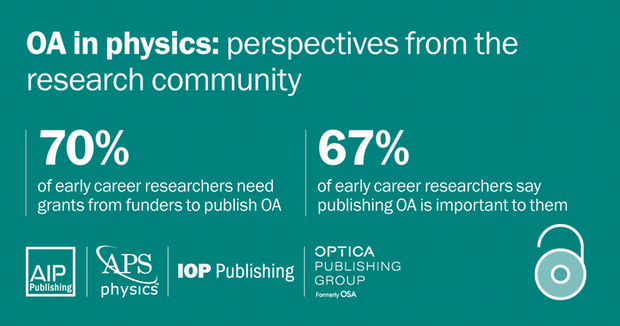Publishing is not exempt from the double standard. Two generations ago being "peer-reviewed" in a top journal didn't mean much. Krebs, of the famous Krebs cycle, was rejected by Nature because they already had too many articles so he went elsewhere. He still got a Nobel prize for his work.
In the 1980s all that changed, and it was due to arguably the greatest proponent of science among presidents of the 20th century. President Ronald Reagan loved science, he believed that science was one of few things that needed federal funding. He wanted to fund a lot more of it. But because he was a 'trust but verify' personality he wanted a way to show taxpayer money was well-spent. His team came up with having results in a peer-reviewed journal as a metric for taxpayer money being well spent. So the rush was on to get into journals.(2)

It was great for journals, they now had a government-mandated source of free labor, but taxpayers couldn't read any of the work they were funding. In the late 1990s and early 2000s an open access movement took off. For a fee to cover costs, science articles would be free for anyone to read. It was not a hit, at first. In true economic microbubble fashion most scientists who had breezy philosophy about someone else working for free didn't want their work in a low impact journal, much less pay for the privilege just so the taxcpayers that fund them could read it. The brother of the co-founder of PLOS didn't want to publish his work in PLOS, even for free, because it was not prestigious enough.
Eventually it took off and open access is a big business just like traditional journals - so big that scientists are starting to call for open access to be free for them. They want to publish open access, but not if it costs 'them' anything, even when all of 'their' money comes from taxpayers. Fortunately, many scientists are better at science than they are economics or we'd be in trouble. Survey respondents feel like they should get more taxpayer money to pay for publishing fees - which is how they will get more taxpayer money.
Who doesn't want something when someone else pays for it? I wake up every day and believe someone should send me an email reading, "I enjoy your articles, here's $10,000" but it has never actually happened.
The authors of the survey don't frame it as 'spend your money, not mine', they instead frame it as that in order for physicists to "reap the benefits of unrestricted access to research" they should not be "prevented from publishing", which suggests they are now.
They aren't.
If you get a grant for $500,000 and won't spend $1,000 so others can read your work for free, it merits asking how important publishing for others is to you, not taxpayers who already pay a lot. Don't want to spend any money? Publish it in Nature. Then people will have to pay to read it. That isn't ideal but open access was created to let taxpayers see how their money was spent without paying twice, not to make them pay twice so other government-funded scientists can get more for free.
Or leave it on arXiv as a preprint. What does not work is everyone working for free except scientists. That did not work for two reasons. First, free is never free so free means advertising, and scientists often object to that. We've had numerous loony idealists object to Science 2.0 because of an ad - they would rather write on Blogspot where Google is mining personal data from every reader and selling it to the highest bidder, but behind the scenes. The second reason is that few scientists will publish in a journal that charges no money to anyone for the same reason open access had a difficult start - they care about impact factor a lot more than anyone being able to read their work. There are exceptions, but very few.
Reagan was right, science is a strategic resource and should be done here in the US, just like energy production and food. Oddly, the political demographic that hated Reagan then are the biggest beneficiaries of his love for science, but like all believers in more government, there is never enough.
NOTES:
(1) Many people agree, for example, that minimum wage should be $15 an hour or more and that conventional energy needs to make way for solar, but don't want to pay $10 a gallon for milk and gasoline. You can't get the former without the latter until the science and technology catches up, and the number of times that has happened due to government mandates is still zero.
(2) And the rush to gamify quantification to seem more valid. Statistical significance is pointless, I was one of the signatories in Nature asking that it stop being used to denote "truth", because it is so easy to game that nearly every paper in psychology has an initial hypothsis that turns out to be 'true' even though that's both impossible and unthinkable.




Comments